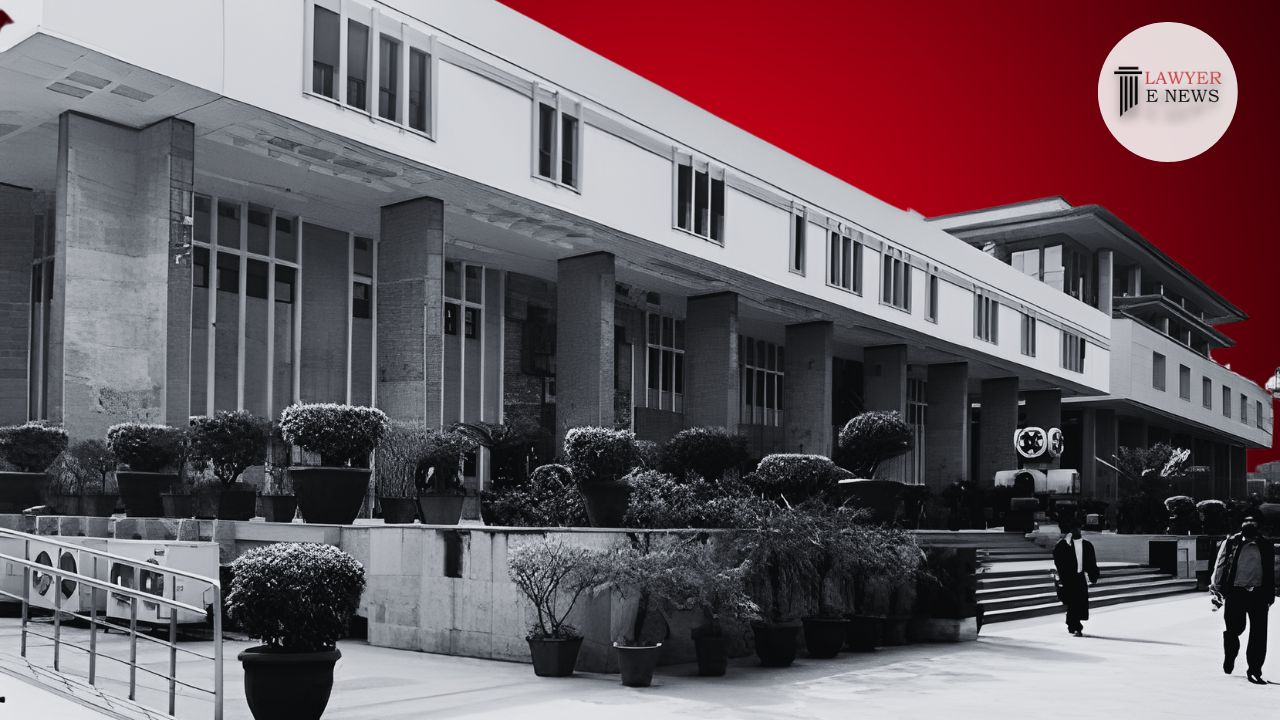-
by Admin
15 February 2026 5:35 AM



In a significant ruling, the Delhi High Court has clarified that maternity benefits under the Maternity Benefit Act, 1961 are not applicable to advocates engaged on a contractual basis, overturning a previous decision that granted such benefits to Annwesha Deb, a contractual advocate.
The Delhi State Legal Services Authority (DSLSA) challenged a lower court’s judgment that entitled Ms. Deb, a contractual advocate engaged with the Juvenile Justice Board, to maternity benefits akin to those available to permanent employees. The Authority contested this, asserting that the engagement of Ms. Deb and similarly placed advocates was purely contractual and professional, not employment.
The Division Bench, comprising Justice V. Kameswar Rao and Justice Saurabh Banerjee, meticulously analyzed the definitions of ‘employer’, ‘employee’, and ‘wages’ under Sections 3(d), 3(n), and other relevant sections of the Maternity Benefit Act, 1961. They determined that Ms. Deb was not an employee but a professional engaged under a specific contract, and her remuneration did not constitute ‘wages’ as defined by the Act because it lacked the regularity and permanence characteristic of wage employment.
The court noted, "The Act of 1961 envisages the establishment of an employer-employee relationship that involves regular payment for services rendered, not merely professional fees contingent on duties performed.”
Referencing various precedents, the court underscored the distinction between contractual engagements and employment, concluding that extending maternity benefits in such cases would misinterpret the legislative intent of the Maternity Benefit Act, which aims to protect women employed in establishments with a more traditional employer-employee framework.
Decision: The appeal by the Delhi State Legal Services Authority was allowed, setting aside the lower court’s decision to grant maternity benefits to Ms. Deb. The court dismissed related applications as infructuous.
Date of Decision: April 23, 2024
Delhi State Legal Services Authority vs. Annwesha Deb
